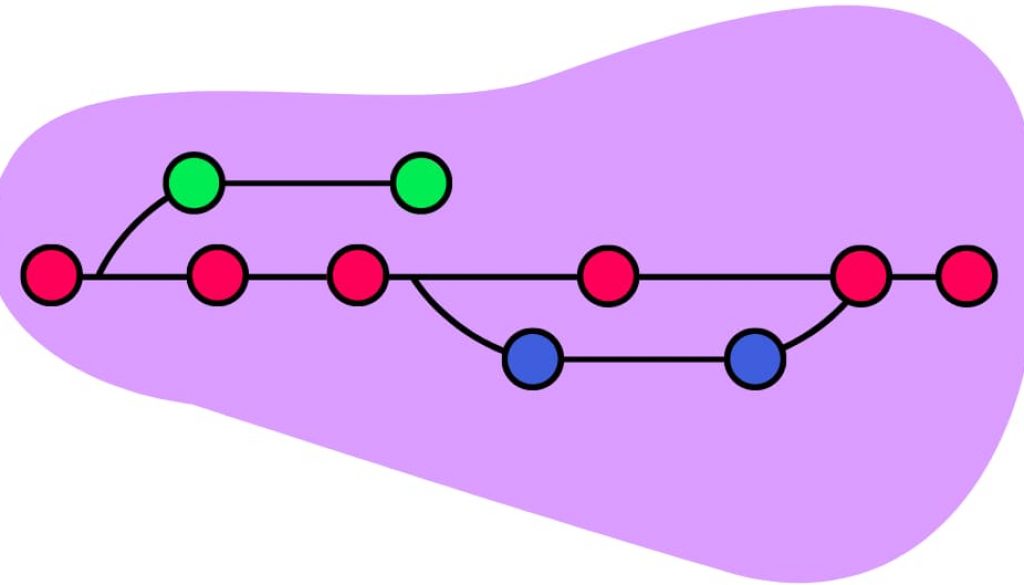Version control system
The concept of teamwork has evolved a lot since its origins, the need to find ourselves in the same physical space it has disappeared in many areas. Still, there is a need for coordination between colleagues and for this, multiple services have been created, among them, the version control system.
What is a Version Control System?
A version control system is a tool used in software development to avoid the risk of conflicts that may arise when working on collaboration with other development teams.

What are the advantages of a Version Control System?
- It allows multiple people to work simultaneously on a single project. Each person edits their own copy of the files and choose when to share those changes with the rest of the team. Therefore, the temporary or partial edits of one person do not interfere with the work of another.
- It allows one person to use multiple computers to work on a project, making it valuable even when working alone.
- It integrates the work carried out simultaneously by different members of the team. In most cases, editions of different files or even the same file can be combined without losing work.
- Gives access to historical versions of your project. This is insurance against computer failure or data loss. If you make a mistake, you can revert to a previous version.
Types of Version Control Systems
- Local Version Control System: The local version control system keeps track of files within the local system. This approach is very common and simple. This type is also prone to errors, which means that the chances of accidentally writing to the wrong file are higher.
- Centralized Version Control System: In this approach, all file changes are tracked on the centralized server. The centralized server includes all the information of the versioned files and the list of clients that extract files from that central place.
- Distributed Version Control System: Distributed version control systems appear to overcome the inconvenience of the centralized version control system. Customers fully clone the repository, including its full history. If any server is down or disappears, any of the client repositories can be copied to the server for restoration. Each clone is considered a full backup of all data.
Version control software
We will see which software version control system can best fit your project, as well as the different version control options that there are:

- Git: It’s a distributed version control system written in a combination of Perl, C and various shell scripts, it was designed by Linus Torvalds according to the needs of the Linux kernel project; with the requirements of decentralization, fast, flexible and robust.

- Apache Subversion (SVN): It’s an open source centralized version control system licensed by Apache. Its key features include management of inventory, security management, history tracking, user access controls, data retrieval, and workflow management. SVN is easy to implement with any programming language. In addition, it offers uniform storage to handle text and binary files.

- Mercurial: It’s a distributed version control system written in Python as a free software replacement for Bitkeeper; decentralized, which claims to be fast, lightweight, portable, and easy to use. In addition, it has an integrated web interface.

- Monotone: It’s a distributed version control system written in C++. The operating systems it supports include Unix, Linux, BSD, Mac OS X, and Windows. Provides good support for internationalization and localization. In addition, it works with a P2P protocol.
We hope this article has been useful to you. If you have an engineering project in your hands and you think we can help you, here is the link where you can contact us and explain more about it.

